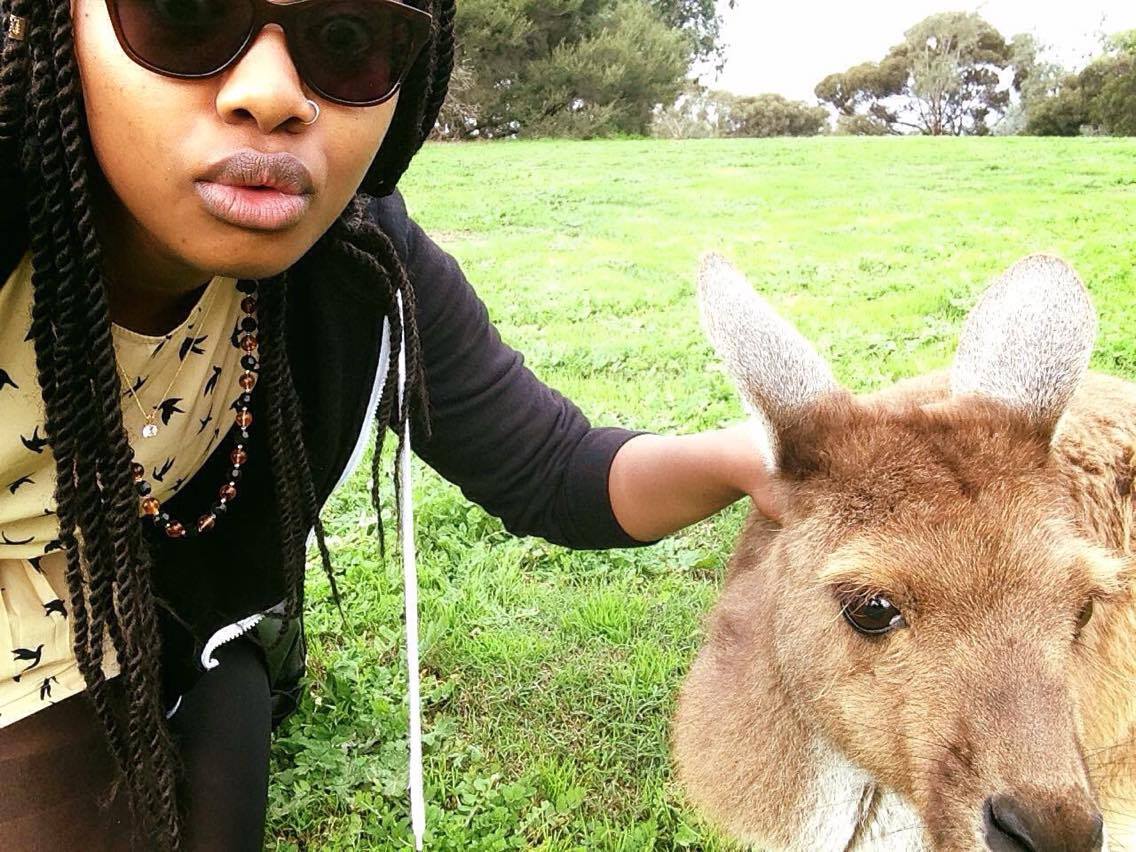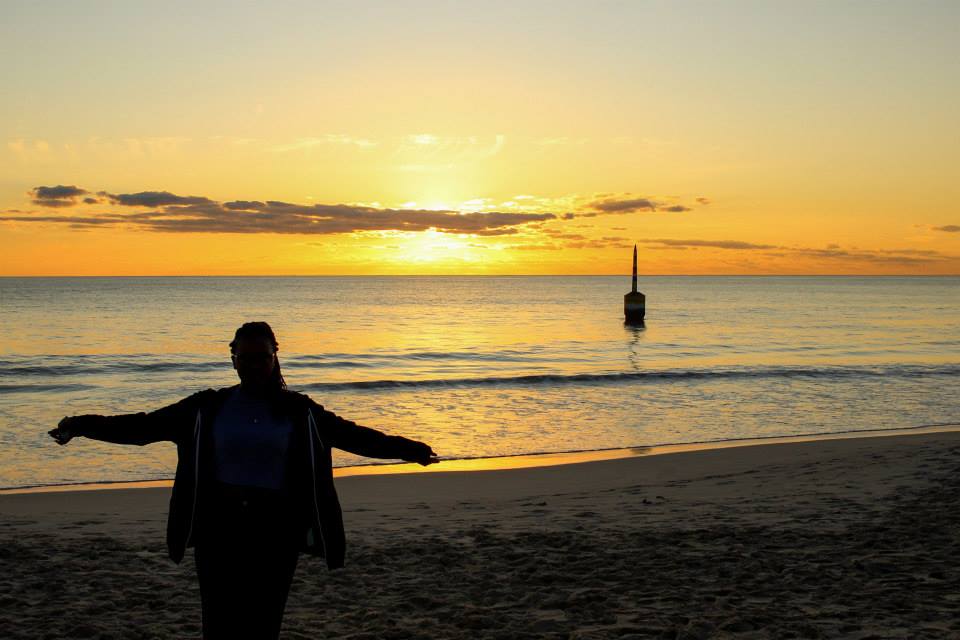
As my year abroad in Perth draws to a close, I’ve been trying to think of what I will say when people ask “How was it?”. The expected response is a gushing “Absolutely amazing!”, but such an answer would feel false leaving my mouth. That’s not to say I didn’t enjoy myself; though smaller and quieter than my north London hometown, Perth’s sandy white beaches and balmy climate have been the source of countless pleasant memories with the friends I made here. But it wasn’t all smooth sailing; my adventure down under also saw a decline in my mental health.
I thought a year in Australia would be all sunshine, road trips and people marvelling at my accent. I’d heard from a reputable source that the Australians were a warm, laidback bunch, but I soon learned that this easy-going nature, one that encourages being barefoot in public and using sliced bread instead of hotdog rolls at barbeques, prevented Australians from recognising structural issues. Being black in Australia is strange because you are at once visible and invisible. People love to stop me in the street and tell me how cool my hair is, twirling my braids around in their entitled hands, but God forbid you mention the existence of systemic inequality. Then, the selective myopia kicks in and your race, once a quirky conversation starter, becomes too inappropriate for discussion. This country’s violent history is a red wine stain on a white carpet that, instead of trying to scrub out, white Australians simply cover up with another rug. I’m well aware that the UK is far from being a postracial utopia, but the reluctance in Australia to even recognise that racism is an actual phenomenon is something I found quite affronting.
‘People love to stop me in the street and tell me how cool my hair is, twirling my braids around in their entitled hands, but God forbid you mention the existence of systemic inequality’
The microaggressions begin to gnaw at you like an onslaught of mosquitos. Eventually you get tired of scratching and just succumb to the constant discomfort. I gave up trying to explain to white people why it frustrates me when they say the n-word or why it’s invasive to ask someone if their hair is real. I became disenchanted, a culmination of white ignorance, my pre-existing anxiety and jealousy at the fact that I wasn’t having as much fun as the other study abroaders whose pictures I perused on Facebook. I’d told myself that my year abroad was going to be a turning point, a much needed renaissance after twenty odd years of a passive and uneventful existence. I’d vowed to join clubs, take up surfing, become a bolder, more confident version of myself. By December, all I’d done was restart my Netflix account, almost drown after my first surfing lesson, and sit silently in tutorials, wishing I was brave enough to contribute to the discussion. I was desperate to get involved but prevented from doing so by the irrational fear that even if I do try, I’ll fail somehow. This is a fear that has always sat heavy in my stomach and that I naively thought a year abroad would erase.
Over the past twelve months, I’ve been plagued by negative feelings: sadness at having what I perceived was an unsuccessful year abroad, and dread at having to go home and recount the miserable time I’d had. I felt like giving up, but at the same time I was terrified of failing, and worked myself ill trying to get good grades so at least I’d have achieved something this year. By the end of my first semester, my anxiety had manifested itself in the form of persistent nausea and breathlessness. I decided, then, that it was time to make use of the university’s free counselling service. The idea of exposing the inner workings of my mind to a complete stranger was terrifying at first but in the end, being able to vocalise my stress and have someone listen intently helped me to validate my own feelings. I realised that my unhappiness itself was not the issue, but rather the way I beat myself up for experiencing it.
‘I felt like giving up, but at the same time I was terrified of failing’
In spite of all this, I still do not regret opting to study abroad. Being able to travel this year has inspired me to see more of the world, which is a conclusion I know I wouldn’t have come to if I was still at my UK university. What seemed like a negative experience for the most part has actually been a source of personal growth. I’ll probably never return to Australia, but I’m grateful for the time I spent here. It taught me that life is never going to be as perfect as the movie in your mind, but that doesn’t mean it’s not worth living. I may not have learned how to surf this year but I did learn a lot about myself, namely that even when I sink into the soil I can still claw my way above ground again.










